-
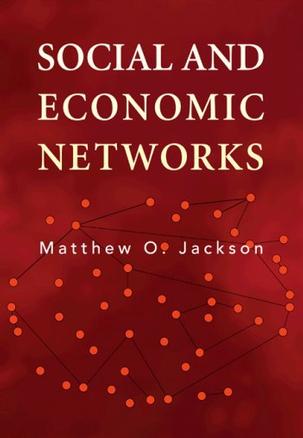
Social and Economic Networks
Review Lucid and comprehensive, Jackson's book elegantly synthesizes several important strands of network science from sociology, physics, mathematics, computer science, and economics. It will be an immensely useful reference for researchers and students alike. (Duncan Watts, Columbia University ) Product Description Networks of relationships help determine the careers that people choose, the jobs they obtain, the products they buy, and how they vote. The many aspects of our lives that are governed by social networks make it critical to understand how they impact behavior, which network structures are likely to emerge in a society, and why we organize ourselves as we do. In Social and Economic Networks, Matthew Jackson offers a comprehensive introduction to social and economic networks, drawing on the latest findings in economics, sociology, computer science, physics, and mathematics. He provides empirical background on networks and the regularities that they exhibit, and discusses random graph-based models and strategic models of network formation. He helps readers to understand behavior in networked societies, with a detailed analysis of learning and diffusion in networks, decision making by individuals who are influenced by their social neighbors, game theory and markets on networks, and a host of related subjects. Jackson also describes the varied statistical and modeling techniques used to analyze social networks. Each chapter includes exercises to aid students in their analysis of how networks function. This book is an indispensable resource for students and researchers in economics, mathematics, physics, sociology, and business. -
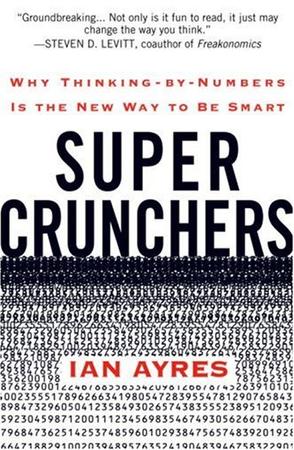
Super Crunchers
Why would a casino try and stop you from losing? How can a mathematical formula find your future spouse? Would you know if a statistical analysis blackballed you from a job you wanted? Today, number crunching affects your life in ways you might never imagine. In this lively and groundbreaking new book, economist Ian Ayres shows how today's best and brightest organizations are analyzing massive databases at lightening speed to provide greater insights into human behavior. They are the Super Crunchers. From internet sites like Google and Amazon that know your tastes better than you do, to a physician's diagnosis and your child's education, to boardrooms and government agencies, this new breed of decision makers are calling the shots. And they are delivering staggeringly accurate results. How can a football coach evaluate a player without ever seeing him play? Want to know whether the price of an airline ticket will go up or down before you buy? How can a formula outpredict wine experts in determining the best vintages? Super crunchers have the answers. In this brave new world of equation versus expertise, Ayres shows us the benefits and risks, who loses and who wins, and how super crunching can be used to help, not manipulate us. Gone are the days of solely relying on intuition to make decisions. No businessperson, consumer, or student who wants to stay ahead of the curve should make another keystroke without reading Super Crunchers. -
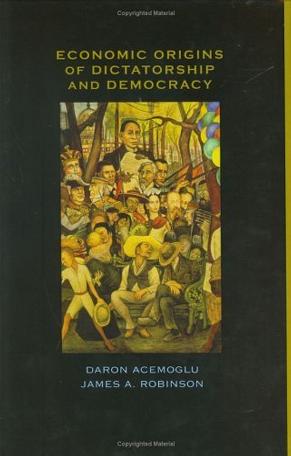
Economic Origins of Dictatorship and Democracy
What forces lead to democracy's creation? Why does it sometimes consolidate only to collapse at other times? Written by two of the foremost authorities on this subject in the world, this volume develops a framework for analyzing the creation and consolidation of democracy. It revolutionizes scholarship on the factors underlying government and popular movements toward democracy or dictatorship. Daron Acemoglu and James Robinson argue that different social groups prefer different political institutions because of the way they allocate political power and resources. Their book, the subject of a four-day seminar at Harvard's Center for Basic Research in the Social Sciences, was also the basis for the Walras-Bowley lecture at the joint meetings of the European Economic Association and Econometric Society in 2003 and is the winner of the John Bates Clark Medal. -
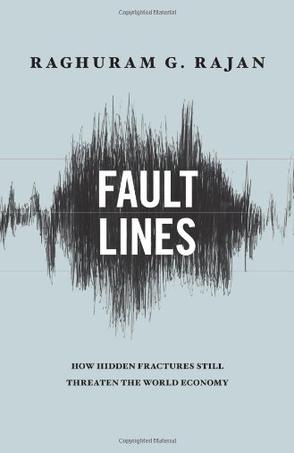
Fault Lines
-

博弈论与社会契约(第1卷)
“无论是对主题的概括,还是透彻而全面的讨论,《博弈论与社会契约》一书都 超 越了日前这 一领域的所有文献。它对博弈的论在政治哲学中的应用作了一个 精彩的展示,与作者的《快乐与博弈》一书可谓是珠联壁合。” 在本书中,肯.宾默尔认为博弈论为探索伦理问题提供了一种系统的工具。通过在博弈论框架中对古典的社会契约思想的重新解释,他得出了对社会哲学基本问题的新的洞识。他首先通过对基本问题的讨论,特别是对近年来把博弈论引入到社会哲学中所产生的种种问题的讨论,为他的这一雄心勃勃的努力扫清了道路。 肯.宾默尔阐明了如何从哈萨尼和罗尔斯的经典的论述中形成一个与现代非合作博弈理论相一致的综合理论。在这个过程中,他发现了其他由卢梭、康德、高塞尔和诺齐克等人提出的分析社会合作和协调的方法的逻辑缺陷,令人信服地指出目前大量的文献都存在对不相关博弈的错误分析。 本书使得博弈论思想对于那些对此知之甚少的人也易于理解和接受。本书的内容是用了大量简单的例子来讲述的,数学的使用被减少到了最小程度。 肯.宾默尔教授是伦敦大学院经济学教授。在此之前他的著作还有《作为博弈的经济组织》、《讨价还价经济学》、《博弈论基础论文集》、《快乐与博弈》,以及一本关于博弈论的研究生教材。 -
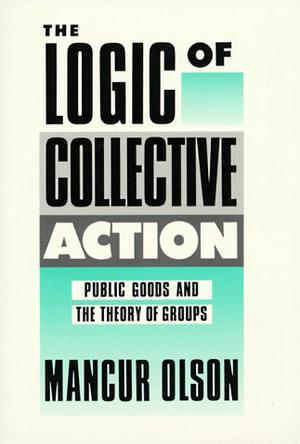
The Logic of Collective Action
This book develops an original theory of group and organizational behavior that cuts across disciplinary lines and illustrates the theory with empirical and historical studies of particular organizations. Applying economic analysis to the subjects of the political scientist, sociologist, and economist, Mr. Olson examines the extent to which the individuals that share a common interest find it in their individual interest to bear the costs of the organizational effort. The theory shows that most organizations produce what the economist calls "public goods"--goods or services that are available to every member, whether or not he has borne any of the costs of providing them. Economists have long understood that defense, law and order were public goods that could not be marketed to individuals, and that taxation was necessary. They have not, however, taken account of the fact that private as well as governmental organizations produce public goods.